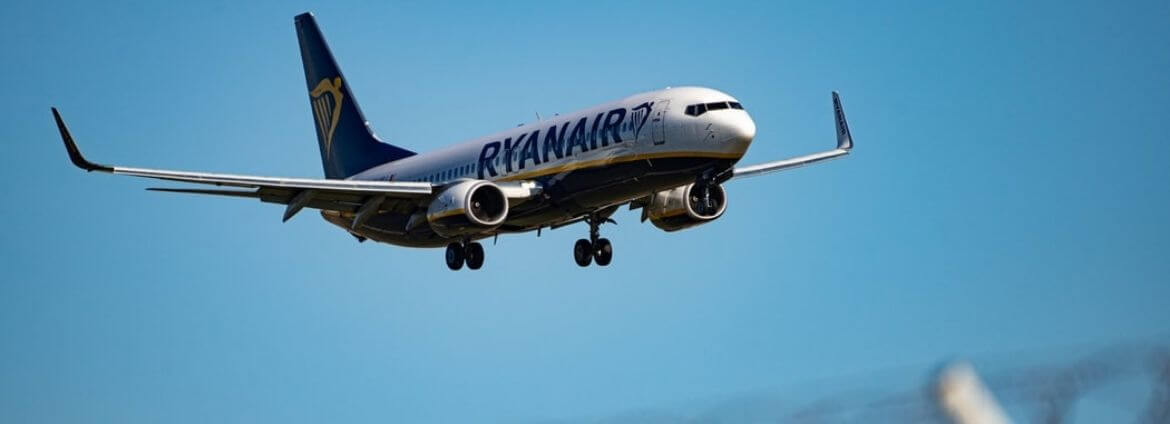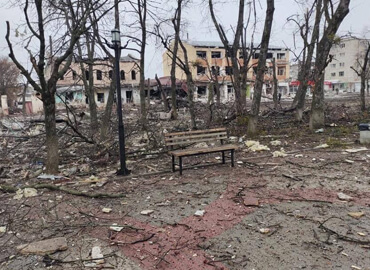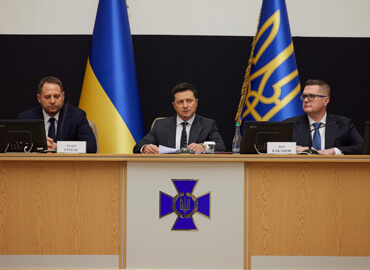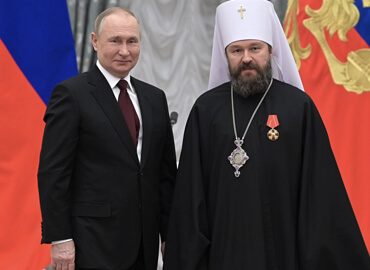For a long time, an explanatory matrix worked regarding to Lukashenko: he «maneuvers.» This no longer works. Lukashenko cannot perform any «schemes.» We must proceed from the idea that there has been a complete restructuring of the political regime. After losing the election, Lukashenko staged a military coup. This coup would not have succeeded if it had not been for the support of the Kremlin, which made it clear to the Belarusian security forces and civil administrations that they have no other way but to remain loyal to Lukashenko. This put all supporters of the democratic development of Belarus in a desperate situation.
Any actions by the protesting society – peaceful or forceful, aimed at collaboration or at the complete rejection of the regime – came up against the fact that behind Lukashenko was an unlimited power resource offered by Putin.
It is through relying on this resource that Lukashenko takes steps that completely ignore the written and unwritten norms of international law and obligations. Two related events – the arrest of Feduta and Zenkovich in Moscow with the support of the FSB and then the interception of a civilian airplane with the arrest of Protasevich – demonstrate that Lukashenko’s military dictatorship is not going to stop with protest already being suppressed. Lukashenko determinedly moves forward. The permanent political crisis in Belarus is now supported by the dictatorship itself.
Lukashenko started a brutal provocation with the civilian airplane right before the summit of the European Union heads of state, ignoring the old formula of diplomacy: before such summits, take it a little slower. This is a truly «shocking escalation.»
This in part resembles the situation with the MH17 airplane, where it became possible to shoot down a passenger liner with impunity over the gray zone under the Kremlin’s wing. Now Lukashenko feels the same impunity under Putin’s wing, turning Belarus into a gray zone. Yes, fortunately the plane was not shot down this time, but this is a direct and serious threat to the lives of at least two people – Protasevich himself and his girlfriend, who was detained with him, and whom the Russian consul refused to visit. However, this time the act has one direct and explicit author.
Many people in Moscow see that Lukashenko is tying Putin to himself more tightly. After all, the Kremlin automatically assumes responsibility for Minsk’s actions. But the Kremlin is also happy with this kind of situation, as Putin began defeating the civil movement a little earlier, immediately following amendments to the Constitution. Both regimes today have levied charges of «extremism» against the opposition. These apply to both Tikhanovskaya and Navalny. Both regimes have ceased to consider international norms regarding journalists.
At the same time, everyone in Russia feels that Lukashenko, in his microformat, is testing measures that the Kremlin will use against its people in the event of a political crisis in Russia.
In this sense, Lukashenko not only depends on Putin, but he also creates a new framework for him as well. Looking at the Belarusian repressions, Russian society looked on anxiously. And not without reason. In the ten years that have passed since the mass protests in Moscow, Putin has built up his power structures many times over. And the events in Minsk show that their actions can easily go beyond any not only legal, but also human norms.
The main question is if we already know that both regimes will not maneuver, evolve, or build a kind of relationship with the outside world, but are going to close themselves off on the «Iranian model,» then what is the possible long-term position of large Western countries or their alliance regarding Moscow + Minsk? Now the most exotic proposals are being heard in public discussion that could be implemented only if the West itself was an authoritarian regime that ignores law and humanitarian norms. Or measures are being proposed that sound very ominous and resemble an act of revenge rather than a political solution. But the West cannot advance from an idea of revenge. There are also many proposals that sound forceful, but do not create tangible problems for the Kremlin if it decides to enter into conflict and turn into an Iran. But the parallel transformation of the two regimes into criminal dictatorships – these are events not outside Europe, but inside it.
The first victims of the stages of such a transformation were the Ukrainians who died in the Donbass and the citizens of many countries who died over the Donbass. Then there was the Skripal case, an attempted coup in Montenegro, and now the hijacking of a European airliner.
It is simply impossible to separate oneself from this eastern part of Europe. EU democracies will have to deploy an ambitious response as this is an historic challenge.
The directions of the response are outlined in the European Parliament’s May 5 resolution: strengthening democracy in Europe itself, supporting pro-democratic forces in Russia and Belarus, strengthening military security, and limiting the toxic penetration of the Kremlin.
Now we need a clear position from the governments of all European countries on their readiness to deploy programs in these areas. While maintaining and increasing sanctions, we must go further – towards a stronger alliance in the face of the threat posed by a hybrid of two authoritarian regimes in Eastern Europe.
Many countries are already initiating a complete ban on civil flights in the Belarusian airspace – the U.S., Great Britain, Germany, Poland, Lithuania, Latvia, Estonia, Czechia, and Ireland have decided to deem the threat of using air-to-air missiles towards the FR4978 flight flown by Roman Protasevich an act of state terrorism.
A mechanism has been launched to introduce a complete ban on civil flights in the Belarusian airspace. In addition, these countries are working towards a ban on Belarus’s participation in Interpol and other international organizations.
Senior parliamentarians from the EU and the U.S. have also called on all NATO countries to impose sanctions on the Minsk regime for carrying out a «pirate» attack on a civilian air route between two NATO countries.
And we need to see the inevitable outcome already today. If the explosion in Vrbětice and the hijacking of an aircraft in the Belarusian skies are acts of «state terrorism,» then there is more than just an investigation of «incidents» that awaits. There should be a movement towards an international court over the crimes of the two political regimes. It could be a long journey. But it should start today.
Материал доступен на русском языке: Захват авиалайнера над новой серой зоной











